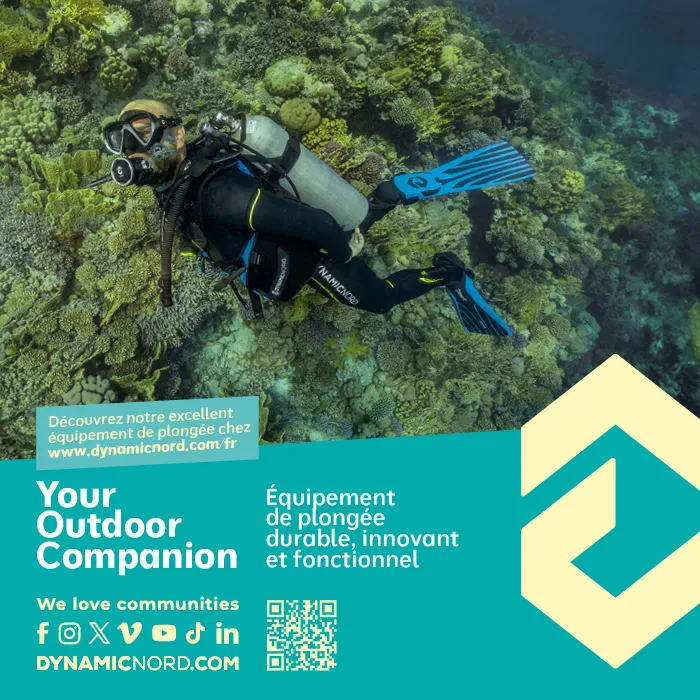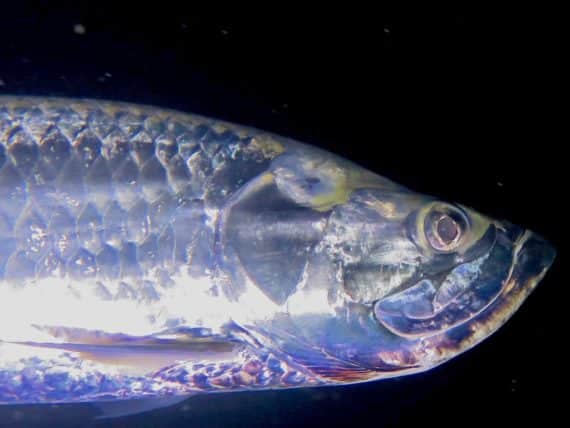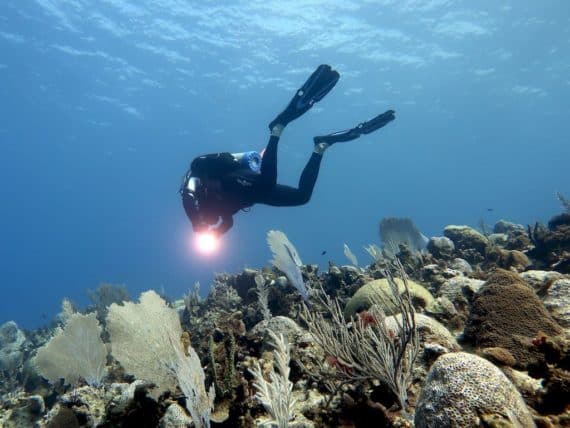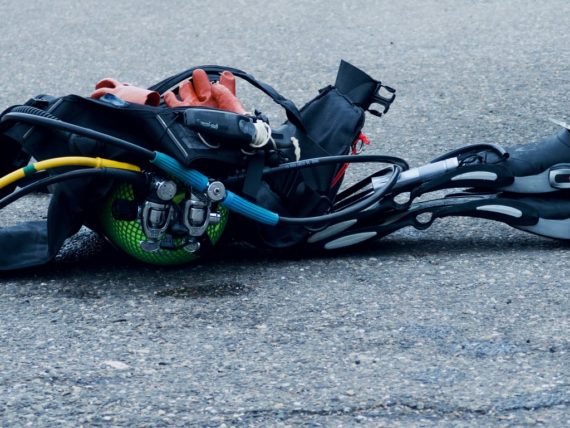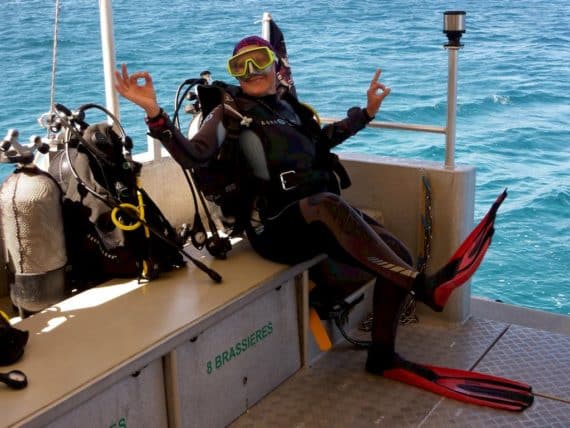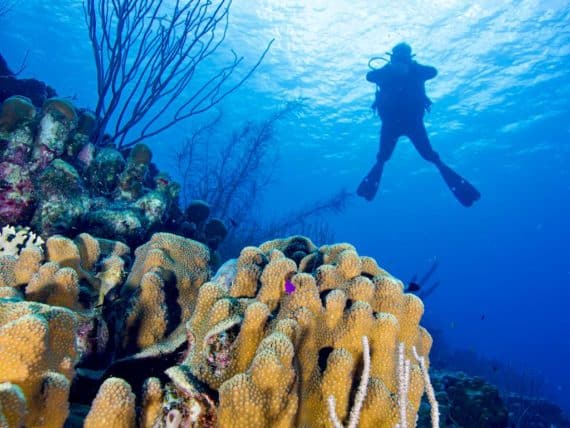Scuba Diving: A World Of Contradictions
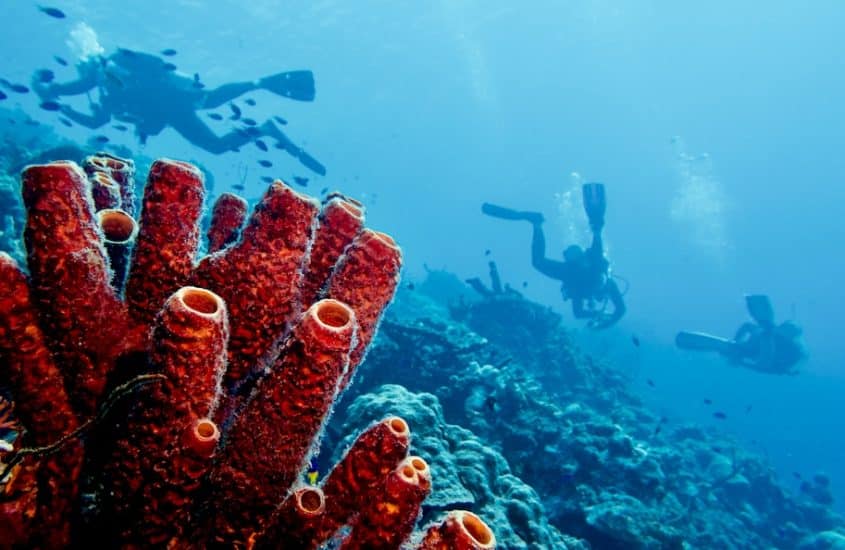
Contradictions when diving
Scuba diving is our pleasure, we are forced to admit that by doing it we are also facing some contradictions of the activity and to keep going, you’re just going to have to live with it.
Through this article, I propose to think of three types of contradictions. Of course, there are certainly many more.
But it seems relevant and important to me to highlight these.
The competition
Scuba diving is first and foremost a recreational sport activity. While diving is supposed to be a non-competitive activity, it is quite obvious that this is not always the case. Indeed, we evolve in a world offering many challenges of a plural nature but also diving contradictions.
- Experiences: go to as much as possible spots, make the most specialties…
- Progression: go as fast as you can to the highest level, get as many c-cards as possible…
- Physics: pushing your limits
- Emotional: not taking into account the anguish, “forgetting” to communicate about one’s fears…
- …
There are many challenges. Sometimes even without realizing it, we compete on depth reached, consumption, weight, number of dives, time spent underwater… Sometimes unintentionally, we slip into this pattern.
And we see more and more pictures like this flourishing on social networks:
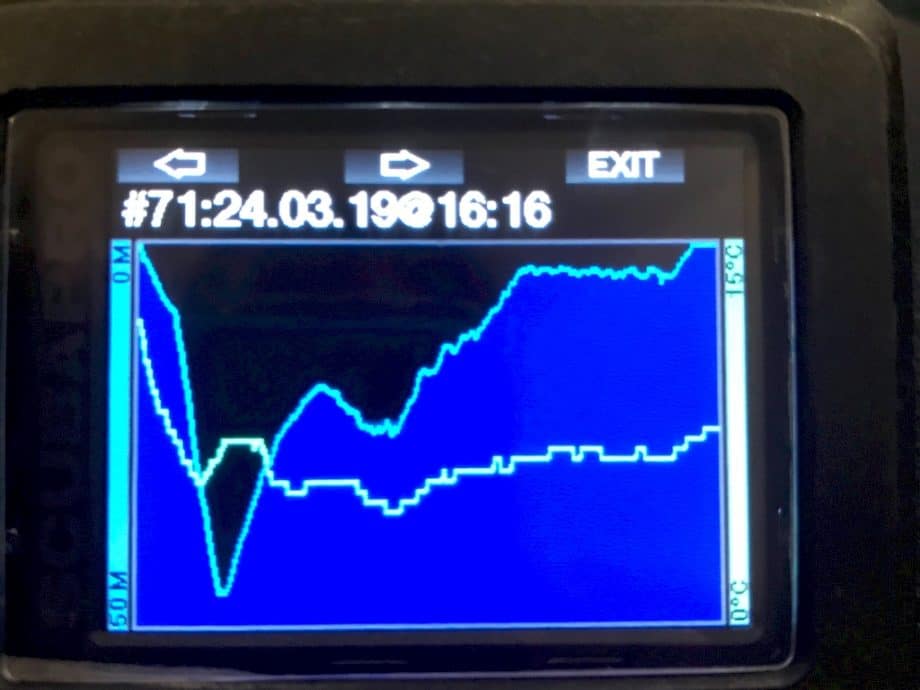
The strongest among us may not be affected. But other, more sensitive people may enter a process of comparison and see their self-esteem diminished.
Even worse, some of us, in order to be “up to the task”, sometimes go so far they get into anxious situations if not simply dangerous situations. Another of many diving contradictions
Competition versus collaboration
Yet it is quite possible to live your life as a diver without getting into the competition game. It’s just not necessary.
It doesn’t matter if your buddy consumes less air than you do. All you have to do is take a larger tank to continue diving with him or her with pleasure.
Because the good news is that we can easily choose collaboration instead of competition. Since there are no medals to be won, there is no need to challenge yourself (sometimes in a dangerous way). We can therefore favour collaboration, team spirit, mutual help, enthusiasm and the joy of being together and sharing experiences to lead us to dive safely and for a long time.
Let’s keep in mind that we practice scuba diving to ENJOY and not to hurt us.
People who can help you keep a collaborative and caring spirit:
- Instructors (most of them are caring)
- Your buddy (with whom you should never hesitate to communicate your fears and doubts)
- The diving community. For example the group “Diving training, tips and other small pleasures” has become in a short time a reference of caring and experience sharing.
And if you still have doubts, this is normal because, yes we have to admit it, the SUPER Diver does not exist… even if sometimes he believes this…
2. The ecological dilemma
Faced with the urgency of global environmental issues, divers like to position themselves as defenders of the oceans… and we’re right to do so.
But, sometimes, we travel thousands of kilometres by plane to reach dream spots on the other side of the world.
We go on gorgeous diving cruises… on very polluting boats.
To protect ourselves from the sun, we spread sunscreen that will destroy corals.
Neoprene wetsuits are used and they are difficult to recycle.
We are passionate people and we are here in front of one of the most important contradiction in the diving world while we want to defend the planet, the oceans… we become partially actors of their destruction.
However, we can still act at our own level on this ecological dilemma.
- Plan for less travel, but over longer periods of time
- Choosing less remote dive destinations
- Engaging in preservation programs
- Limit our consumption in general
- Focus on education
- …
Our generation and our parents’ generation have been dragged into consumption patterns that are as frantic as frightening (and we sometimes find it difficult to stop it). Let’s keep hope and confidence in the new generations, who will certainly have at heart to act more intelligently and respectfully with the planet’s resources. Let’s encourage them in this direction… by accepting to set an example ourselves.
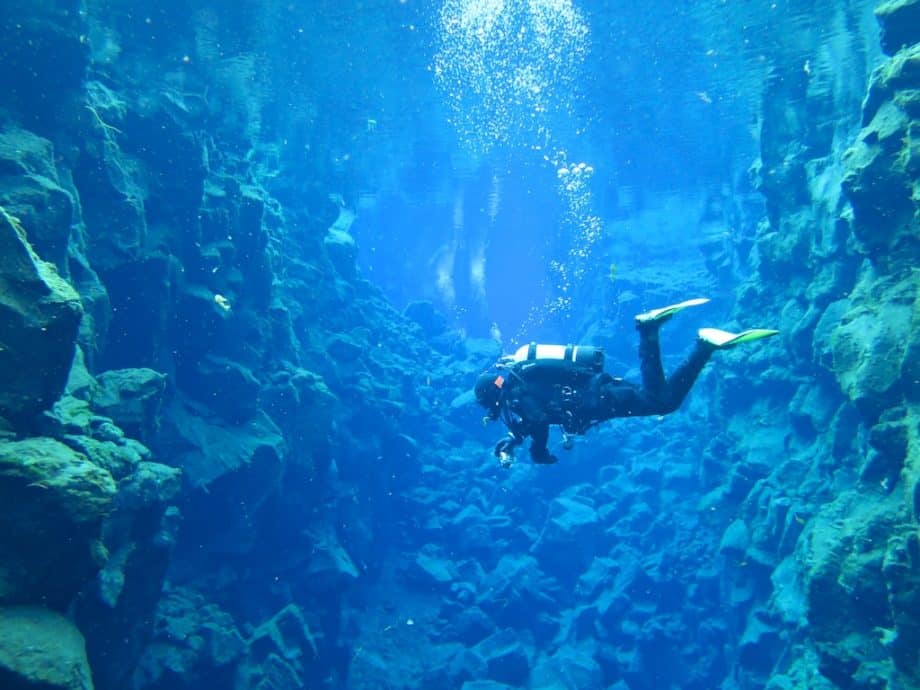
3. Communication
Divers regularly ask me about communication and the way in which information is transmitted to them. Some of them explain to me that their courses include 90% of anxiety-provoking speeches about all the dangers of diving and very little about the pleasure of diving.
However, people learning scuba diving are there to have fun (We need to keep this in mind).
Of course, it’s important to inform about good practices and good gestures to have in order to reduce the risk of diving incidents or accidents.
Nevertheless, it seems important to me that the instructors establish a clear communication with their students and target their efforts on preventive actions with joy and good humour rather than on all the horrors that might happen in case of problems.
In psychology we know that emphasizing terms such as “excellence”, “competitiveness”, “danger”, “accident”… instead of joy, prevention, happiness, caring leads to stress and fatigue.
And when diving, stress and fatigue can lead… to accidents.
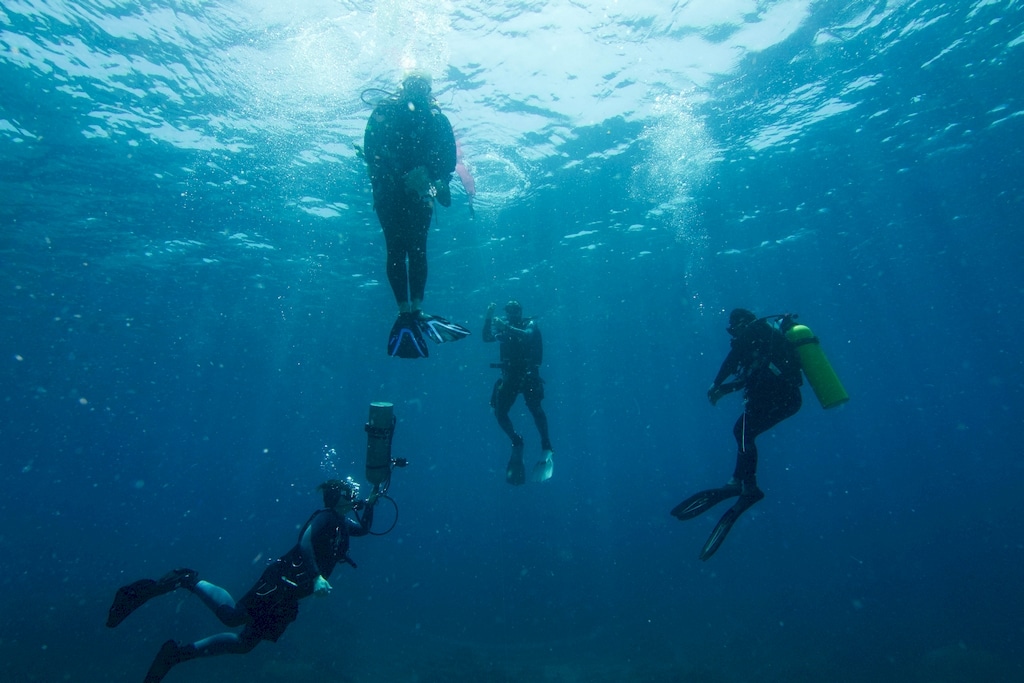
How to put an end to these contradictions in the diving activity?
As you can see, the diving world is full of contradictions that can sometimes seem unavoidable. If some of them are easily avoidable (fleeing from competition), others are much more difficult to get around (the ecological dilemma).
It’s not always possible for us to live our passion without being in the midst of the contradictions of the diving world.
If it seems important to me to be aware of this, it’s also quite essential to be able to move towards more coherence, more meaning in thinking about what we do.
But also by adapting our activity to our environment to reduce its impact.
The contradictions of the diving world? Do you care? Does it impact you?
Tell me this through a comment below
And above all… don’t forget to be happy 🤗
Join my Facebook page for more sharing
Hélène
To stay in touch it’s HERE… or HERE

